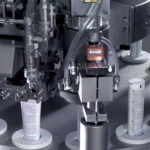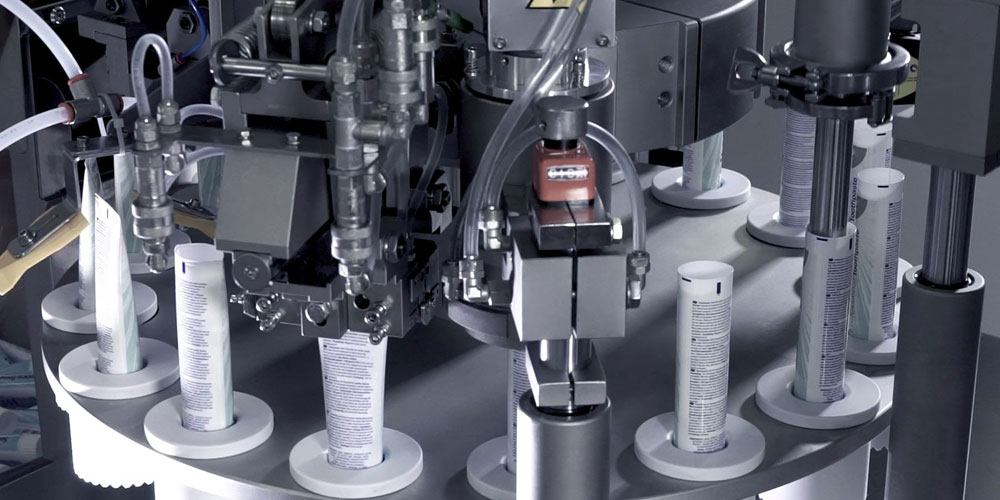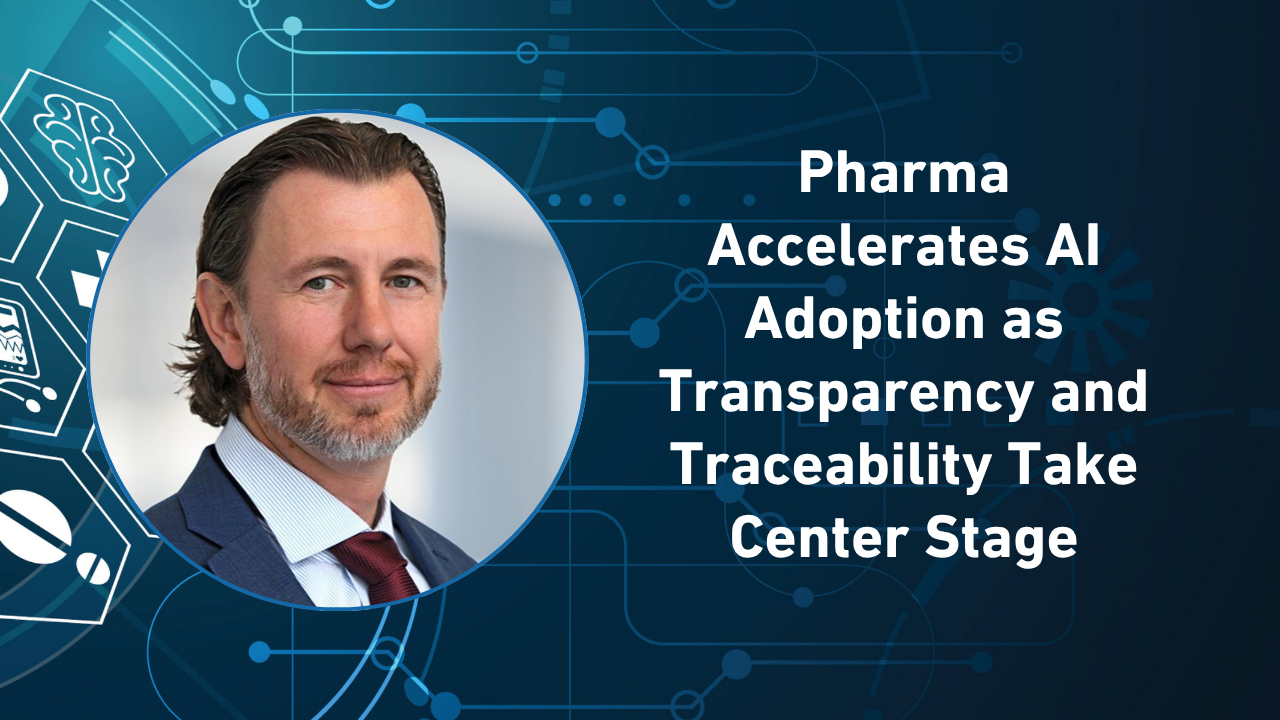The pharmaceutical industry is known for its pace. With constantly evolving regulations, innovations in drug development, automation in manufacturing, and a growing emphasis on digital tools, pharma companies are always adapting. In such a dynamic environment, the ability to continuously learn isn’t just helpful, it’s critical.
Unfortunately, many pharma organisations still rely on outdated training systems or disjointed manual processes to manage learning. These often involve spreadsheets, emails, or multiple platforms that don’t talk to each other. As a result, training becomes reactive, fragmented, and difficult to scale, especially in highly regulated environments where compliance is non-negotiable.
This is where a modern Human Resource Management System (HRMS) designed for continuous learning comes in. A learning-friendly HRMS goes beyond tracking attendance and payroll. It actively supports upskilling, reskilling, and real-time knowledge updates across the organisation.
For example, consider how often safety protocols or compliance regulations are updated in pharma manufacturing. An HRMS with a built-in Learning Management System (LMS) can ensure that employees are automatically assigned relevant training as soon as there’s a change. It can also track completion rates, send reminders for certifications, and generate audit-ready reports, all from one central dashboard.
But compliance is just one part of the story. Continuous learning also drives innovation. Many of the best process improvements and operational breakthroughs come from employees on the shop floor, in the lab, or in field sales, people who are trained, confident, and empowered to experiment and adapt. A smart HRMS can help nurture this mindset by creating a transparent roadmap for learning and career progression.
The growing use of digital tools in pharma makes this even more important. From AI-powered research and digital twins in manufacturing to e-detailing platforms in marketing, there’s a digital transformation underway. Keeping employees aligned with these changes requires regular, targeted learning interventions. An HRMS with analytics can help HR and team leads identify skill gaps and deliver timely, personalised training, ensuring the workforce is future-ready.
There’s also the question of talent retention. In an industry where skilled talent is in short supply, employees are more likely to stay where they feel they’re growing. When a company invests in their development through structured, continuous learning, it sends a strong signal: you matter here. That kind of culture can have a big impact on morale, productivity, and loyalty.
Finally, from an operations standpoint, a unified HRMS reduces the complexity of managing learning across departments, roles, and geographies. It brings consistency, transparency, and traceability, making it easier for HR teams and business heads to align on training goals and outcomes.
Overall, for the pharma industry to keep moving forward, its people must keep learning. And for that to happen, learning itself needs to be built into the system. A modern HRMS can make that possible, not just by managing people, but by empowering them to grow.










